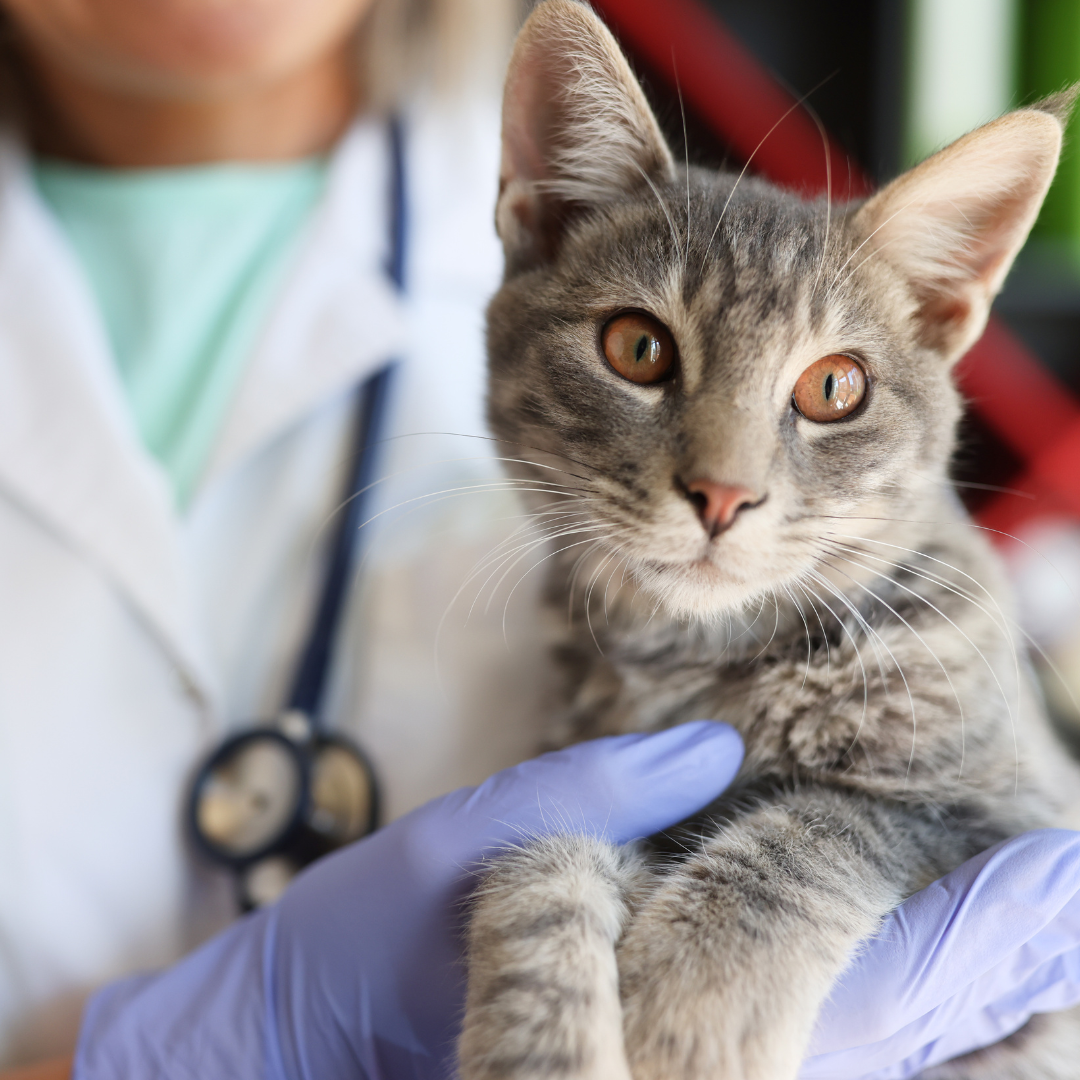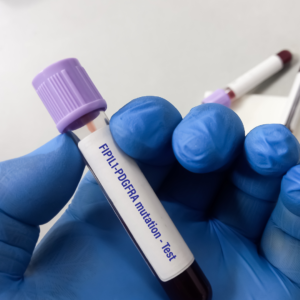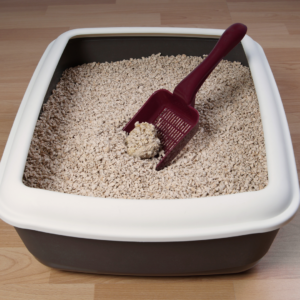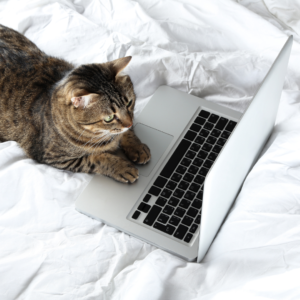
Discussing Feline Infectious Peritonitis And The Holiday That Promotes Awareness About It
One of the most painful and deadly diseases to cats is known as feline infectious peritonitis (F.I.P.). While this disease is not considered common among household cats, it is almost always fatal. That’s why November 18th is observed as F.I.P. Awareness, Research, & Education Day. In honor of this holiday, this article will cover what F.I.P. is, how it affects cats, how they get it, how to avoid it, and how to observe the holiday.

What Is F.I.P.?
The National Library Of Medicine defines feline infectious peritonitis as an immune-mediated disease produced as a result of infection of macrophages by mutant feline coronavirus strains. It occurs worldwide in cats of all ages, but it is more common in kittens and young cats under the age of two years old. Signs of F.I.P. in cats include weakness, weight loss, fever, lethargy, pica, and ocular lesions. F.I.P. is not a common disease, but it is almost always fatal.
F.I.P. is associated with a viral infection called feline coronavirus. There are several different strains of feline coronavirus, each one differs in their ability to cause disease. Studies now show that feline enteric coronavirus strains can mutate to the more harmful type of virus and cause F.I.P.
The Two Types Of F.I.P.
There are two different types of F.I.P. They are categorized as wet (effusive form) F.I.P. and dry (non-effusive form) F.I.P. The wet form of F.I.P. occurs when fluids accumulate in the bodily cavities including the abdomen. This usually results in a swollen abdomen or chest cavity and leads to difficulty breathing.
The dry form of F.I.P. occurs when little to no fluid accumulates. This often results in severe inflammation in one or more organs such as the brain, liver, intestine, and eyes. Oftentimes the ocular (eye) symptoms are the only real clinical sign that a cat has F.I.P. Additionally, there are currently no laboratory tests available that can distinguish between the enteric coronavirus and the F.I.P.-causing strains. This makes diagnosing F.I.P. very difficult in most cases.

How Cats Get F.I.P.
The most common way for cats to contract feline coronavirus is through oral contact with infected feces. Most infected cats shed the virus through their feces, but this will vary from cat to cat. Being exposed to other cats will increase the risk of your cat potentially getting F.I.P.
How To Avoid F.I.P.
Most infections are with relatively harmless strains of feline coronavirus. However, these harmless strains can mutate over time leading to F.I.P. Additionally, it’s difficult to diagnose F.I.P. because the most clinical signs of F.I.P. are vague and occur alongside other cat diseases. Therefore, the best way to prevent your cat from getting F.I.P. is to keep them away from other cats’ and their litter boxes.
Treatment For F.I.P.
Sadly, there is no cure for F.I.P. and it is fatal in most cases. There are treatments that will extend a cat’s longevity and improve their quality of life. However, these are temporary solutions and will not cure a cat suffering from F.I.P. The best thing you can do for your cat is take preventative measures to stop F.I.P. before it happens.
To learn more about F.I.P. and how to best protect your cat from getting it, click here.

Observing The Holiday
The best way to observe FIP Awareness, Research, & Education Day is to help spread the word about it. There are so many cat owners that are not aware of F.I.P. or the dangers it poses. This November 18th, we encourage you to post about this important holiday on social media. Every post can help educate pet owners about F.I.P. and how to keep their cats safe & well protected from it. Be sure to share this article too!
Looking For A Pet Sitter Or Dog Walker?
If you or someone you know is looking for a pet sitter or dog walker, then look no further than My Dog Walker & Pet Sitting. We are fully insured & bonded and have over 10 years of experience working with animals. Click here to check out our wide variety of pet sitting services including in-home pet sitting and routine dog walking. We currently service the Medford, Medford Lakes, Shamong, and Tabernacle, NJ areas. To become a client, click here or give us a call at 856-217-2781. We hope to hear from you soon!
